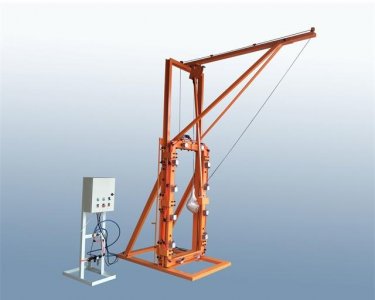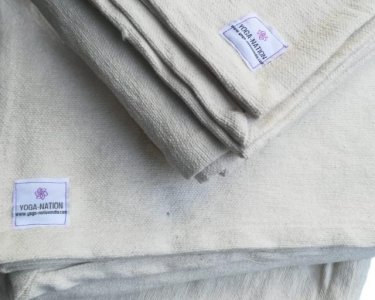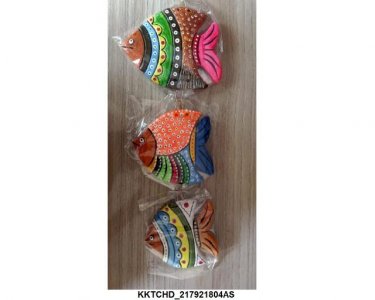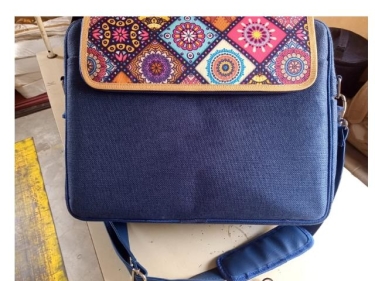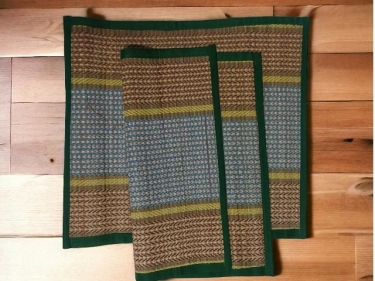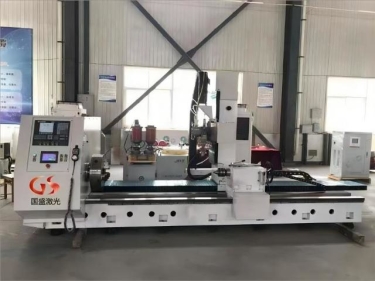Search Results for "uruguay" in "Uruguay" on Export Portal
Active Filters
-
Keywords:
-
Country:
- Clear all
New Search
Couldn't find the product you want?
Fill out this form to request the product.
Exports

Uruguay has a free market economy characterized by an export-oriented agricultural sector, a well-educated work force, and high levels of social spending. Following financial difficulties in the late 1990s and early 2000s, Uruguay's economic growth averaged 8% annually during the period 2004-08. Uruguay experienced a major economic and financial crisis between 1999 and 2002, principally a spillover effect from the economic problems of Argentina. Despite the severity of the trade shocks, Uruguay's financial indicators remained more stable than those of its neighbors.
In 2005, Uruguay was the first exporter of software in South America. Uruguay's exports markets have been diversified in order to reduce dependency on Argentina and Brazil.
Uruguay has an export oriented economy. The country is one of the largest exporters of beef (21 percent of total exports). Other exports of Uruguay include vegetables, dairy products, chemicals, soybeans, frozen bovine meat, sulfate chemical wood pulp, concentrated milk and rice.
Main export partners of Uruguay are Brazil, Argentina and China, Venezuela, Germany and United States.
Customs requirements of Uruguay
Uruguay Customs Contacts
Dirección Nacional de Aduanas
Website: http://www.aduanas.gub.uy/
E-mail: info@aduanas.gub.uy
Address: Rambla 25 de Agosto 199, Montevideo, Uruguay
Telephone: 2 915 00 07
Uruguay is a country situated in the southeastern region of South America. It is bordered by Argentina, Brazil, Río de la Plata (River of Silver) and the Atlantic Ocean. Uruguay is a member of the International Chamber of Commerce, United Nations Conference on Trade and Development (UNCTAD), World Customs Organization (WCO), World Trade Organization (WTO), and other internaional organizations.
Customs rules
Uruguay has adopted measures to streamline customs procedures and adapt its trade regime to multilateral rules, in particular adopting the WTO definition of transaction value and by eliminating minimum import prices (called "minimum export prices").
All tariffs are ad valorem. The simple average MFN tariff was 9.3 per cent in 2005, compared to 12.2 per cent in 1998. The main reason for this decrease has been the elimination of the tariff increase maintained between 1998 and 2003.
Agricultural products (WTO definition) on average receive tariff protection (9.7 per cent) that is slightly higher than for non-agricultural products (9.3 per cent). Tariffs show signs of escalation. Uruguay applies the MERCOSUR Common External Tariff, with some exceptions. It has bound all its tariffs, thereby enhancing the predictability of its trade regime. Nevertheless, there is still a wide gap between applied and bound tariffs, inasmuch as the average bound tariff is 30.7 per cent.
In addition to tariffs, Uruguay levies other charges exclusively on imports, for example, a commission for the Banco de la República Oriental del Uruguay - BROU (Bank of the Eastern Republic of Uruguay) and a consular fee, amounting respectively to 2.5 per cent and 2 per cent of the c.i.f. value. The tax burden on imports is therefore higher than the average tariff. Moreover, during the period under review, special import duties ("derechos específicos de importación") were applied on some textile products.
Uruguay applies non-automatic import licensing to products such as certain textiles and footwear and new tyres. Furthermore, some products require prior authorization from a government authority for sanitary or phytosanitary, safety, or environmental protection reasons. Uruguay has imposed new sanitary and phytosanitary measures and has introduced additional technical regulations, notifying three sanitary and phytosanitary measures and two technical regulations to the WTO during the period under review.
Export duties are imposed on certain hides; exports of some other agricultural products are subject to taxes or levies in order to finance agricultural organizations. Exports may be prohibited or made subject to special requirements for reasons to do with meeting Uruguay's needs. Exports of steel scrap and pig iron are prohibited.
Export documents:
1. Bill of lading
2. Certificate of origin
3. Commercial invoice
4. CSI International Sanitary Certificate
5. Customs Export Declaration (Documento Único Aduanero)
6. Export Permit
7. Packing list
8. Phytosanitary certificate
9. Terminal handling receipt
Import documents:
1. Certificate of origin
2. Commercial invoice
3. Customs Import Declaration (Documento Único Aduanero)
4. Packing list
5. Road Transport Document
6. Technical Standards
Sources:
http://www.iatatravelcentre.com/UY-URUGUAY-customs-currency-airport-tax-regulations-details.htm
https://import-export.societegenerale.fr/en/find-your-market/country/uruguay/regulations-customs













